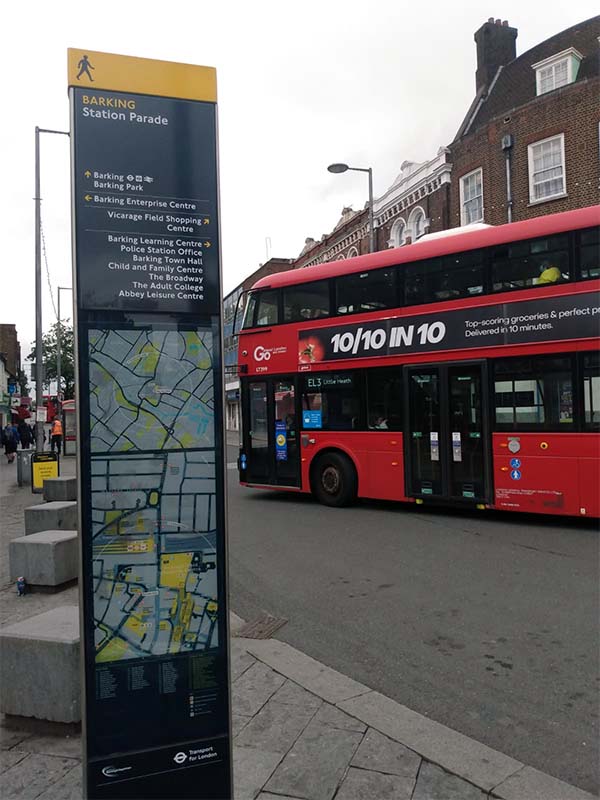About Care City
We are a Community Interest Company. This means we exist primarily to benefit our East London rather than to make a profit for shareholders.
We were founded by LBBD and NELFT in 2015, to bring together health, social care, and third sector partners from across the system with researchers, education providers, technology experts, small and medium-sized companies and social entrepreneurs to develop health and social care delivery and workforce models for the future.

Our History

New office location agreed in heart of Barking
New office location agreed in heart of Barking
Selected to join the Health Foundation programme to bridge the gap between research and action to…
Selected to join the Health Foundation programme to bridge the gap between research and action to…
Team adopts working from home as standard practice during COVID-19 pandemic
Team adopts working from home as standard practice during COVID-19 pandemic
Hosts first Care City Community Board event
Hosts first Care City Community Board event
Collaborates with the London Borough of Barking and Dagenham to explore enhancing quality in…
Collaborates with the London Borough of Barking and Dagenham to explore enhancing quality in…
Launches as a Community Interest Company with North-East London Foundation Trust and the London…
Launches as a Community Interest Company with North-East London Foundation Trust and the London…
Works with the local CCGs to scale solutions for atrial fibrillation and social prescribing across…
Works with the local CCGs to scale solutions for atrial fibrillation and social prescribing across…
Secures continued Test Bed status – the only first wave Test Bed to do so – testing enhanced,…
Secures continued Test Bed status – the only first wave Test Bed to do so – testing enhanced,…
Stages careers roadshow for young people, showcasing the range of health and care careers and…
Stages careers roadshow for young people, showcasing the range of health and care careers and…
Expands its project portfolio, collaborating with UCLPartners, the Office for Life Sciences and…
Expands its project portfolio, collaborating with UCLPartners, the Office for Life Sciences and…
Prototypes a transformed pathway for atrial fibrillation, working with community pharmacies to…
Prototypes a transformed pathway for atrial fibrillation, working with community pharmacies to…
Works with North-East London Foundation Trust to research efficiency in community services funded…
Works with North-East London Foundation Trust to research efficiency in community services funded…
Grows to a team of seven staff and appoints its first Chief Executive
Grows to a team of seven staff and appoints its first Chief Executive
Secures NHS England Test Bed status, attracting leading innovations to East London to transform…
Secures NHS England Test Bed status, attracting leading innovations to East London to transform…
Secures Healthy New Town Status for Barking Riverside
Secures Healthy New Town Status for Barking Riverside
Stages official launch party with 130 attendees from its partners and local community
Stages official launch party with 130 attendees from its partners and local community
Opens the Care City space in Maritime House, Barking, with a team of three staff
Opens the Care City space in Maritime House, Barking, with a team of three staff
Cofounded by North-East London Foundation Trust and the London Borough of Barking and Dagenham as…
Cofounded by North-East London Foundation Trust and the London Borough of Barking and Dagenham as…
Meet Our Team
We are a small team but with a variety of experiences and career backgrounds spanning both the public and private sector, which brings a rich diversity to our organisation.
Meet Our Board
Meet Our Community Board
Meet Our Partners
We are an innovation partner to East London’s health and care system. Our governance is composed of local and national partners and will strengthen Care City as a platform for morally purposeful health and care innovation for North East London.

